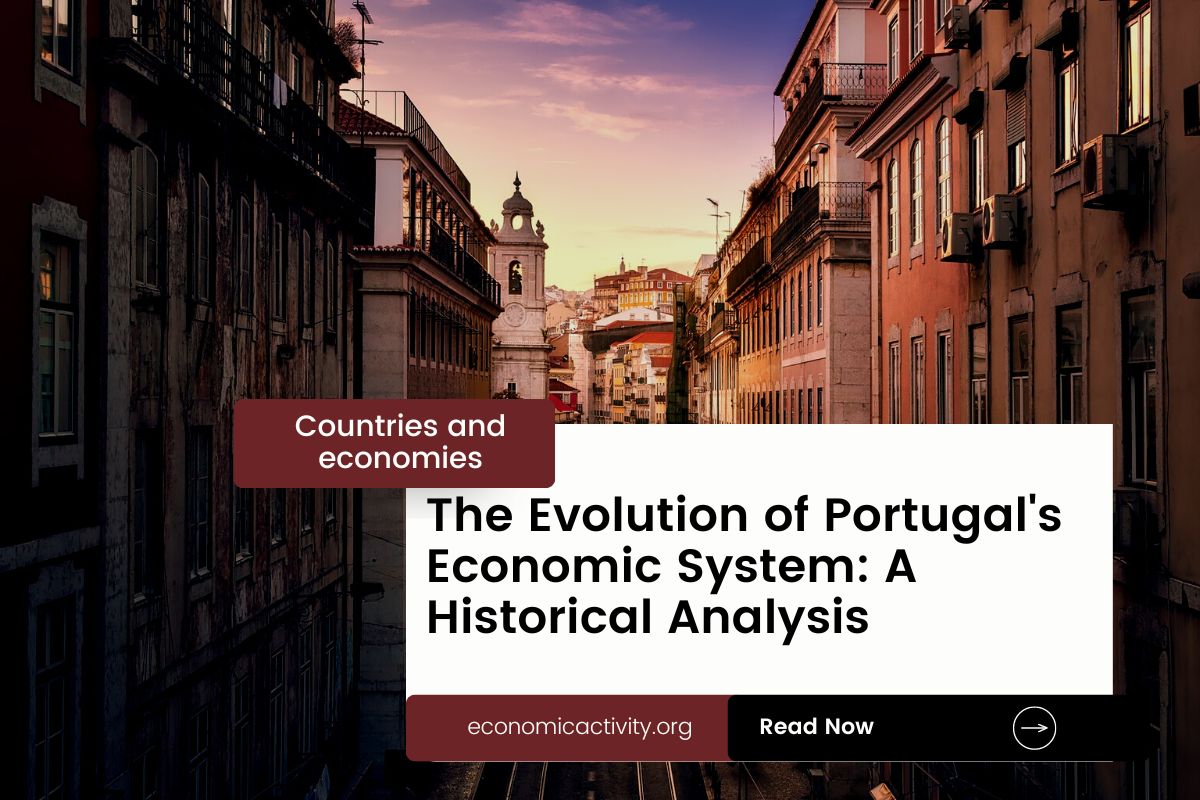What is the economic system of Portugal? The economy of Portugal is based on a mixed economy. The country’s economic system combines elements of a market economy and a planned economy.
Portugal’s economy is based on services, with tourism playing a key role. Other significant sectors include manufacturing (automobiles, textiles), agriculture (wine, olive oil), and energy (renewables). The country is also an emerging tech and startup hub.
In Portugal, the economy is composed of a private sector, consisting of individuals and businesses that make autonomous decisions based on self-interest, and a public sector, where the state determines the production and distribution of certain goods and services. No country is purely capitalist or purely communist.
What do the freedom indexes tell about the economic system of Portugal?
Now, to determine if a country is mostly a market economy or a planned economy, it is useful to examine some economic indexes. For instance, according to the 2022 Index of Economic Freedom, which measures the ability of every human to control his own labor and property, Portugal is ranked 31th globally and 21th in Europe indicating that the country has a mostly free economy.
In a similar way, the 2022 Freedom House index evaluates the state of political rights and civil liberties globally. Generally, market economies tend to align more with democracy and freedom, while command economies tend to be characterized by greater state control and fewer democratic and civil liberty protections. Portugal gets a score of 95/100, which qualifies it as Free.
Portugal is a country where the government does not control what people do for political reasons, and people have the freedom to choose (what, how much, and how to produce, whether to buy or not, selling price, etc.)
The Link Between Public Sector Employment and the Economic System of Portugal
An indicator of the extent to which the State is involved in the economy is the number of public sector employees. In Portugal, according to ILOSTAT, the number of public sector employees as a percentage of the total workforce is 14.7% (2014). In the country’s mixed economy, the number of public sector employees as a percentage of the total workforce varies based on the specific policies and practices adopted by the State.
Some economic activities are left to the private sector while others are under government control. The bigger the public sector the closer the economy is to being a command economy.
What do the biggest companies in Portugal say about the country’s economic system
The biggest company in Portugal should also be looked at, as well as whether it is a state-owned or private company. In this case, Edp-energias De Portugal is a leading energy company providing electricity, natural gas, and renewable energy solutions. The company is owned by private shareholders. 41.38% is held by Fundación María Cristina Masaveu Peterson, 10.73% by Flicka Forestal, SL and 0.03% by Fernando Masaveu Herrero.
The historical factors that have influenced the economic system of Portugal
The current mixed economy system of Portugal is the result of a combination of factors, including the country’s colonial history, its transition to democracy in the mid-1970s, and its accession to the European Union in 1986.
This has led to a system of market-based economic policies, with the government playing a role in regulating and providing public services.





Leave a Reply